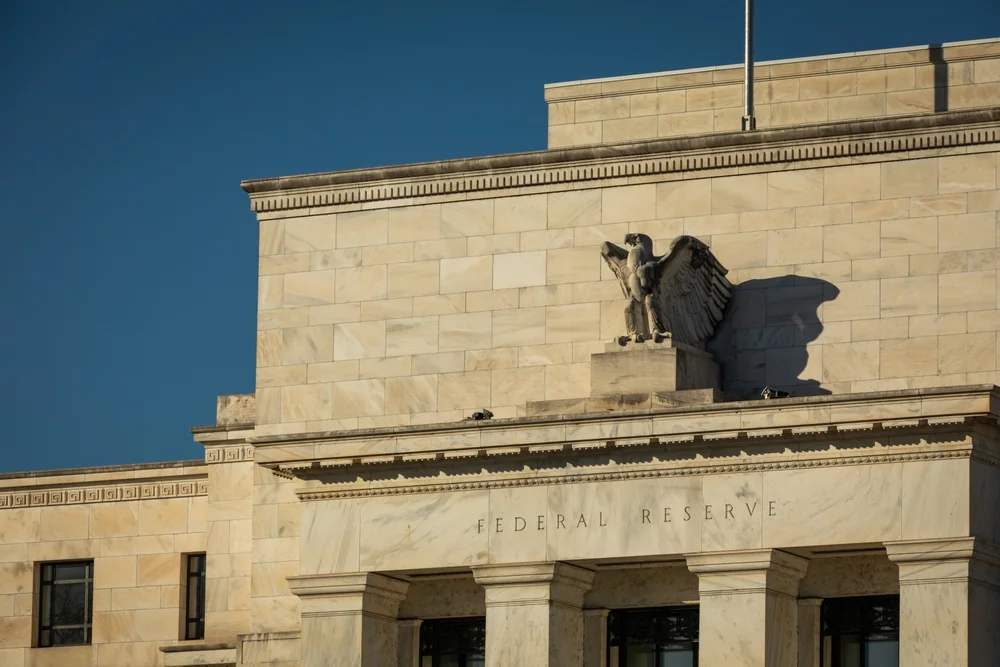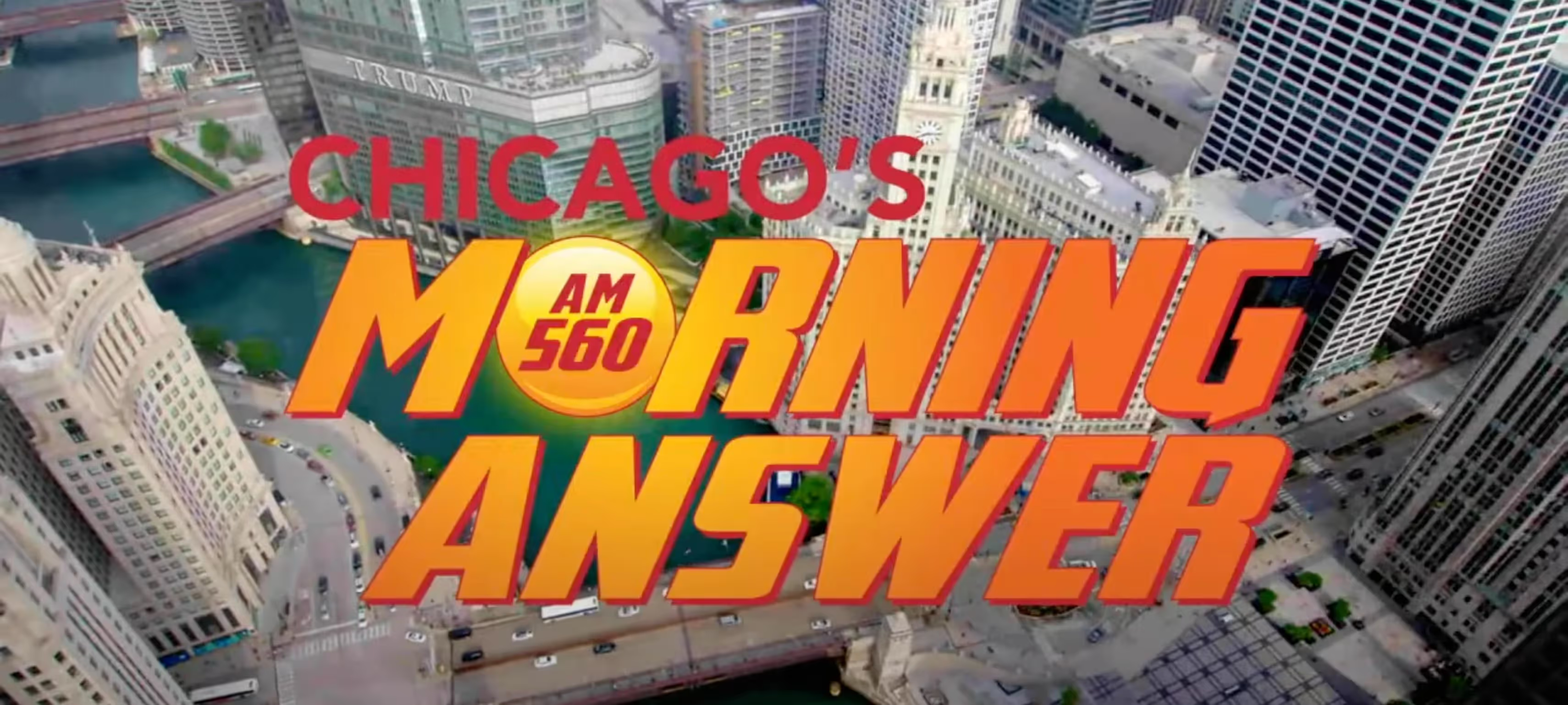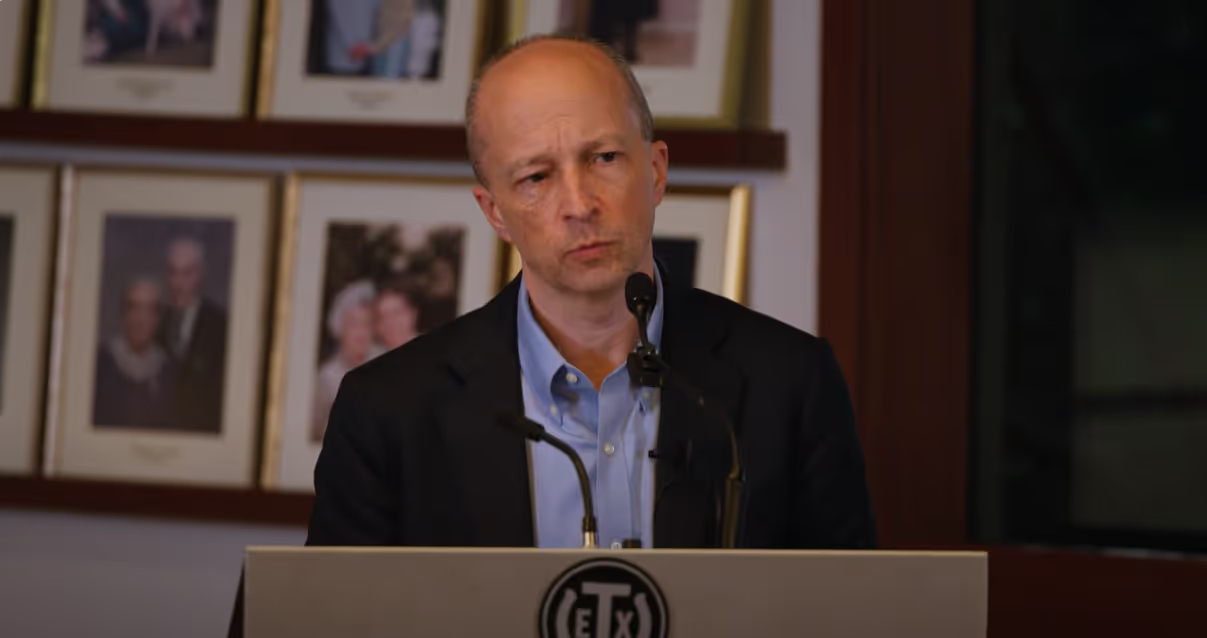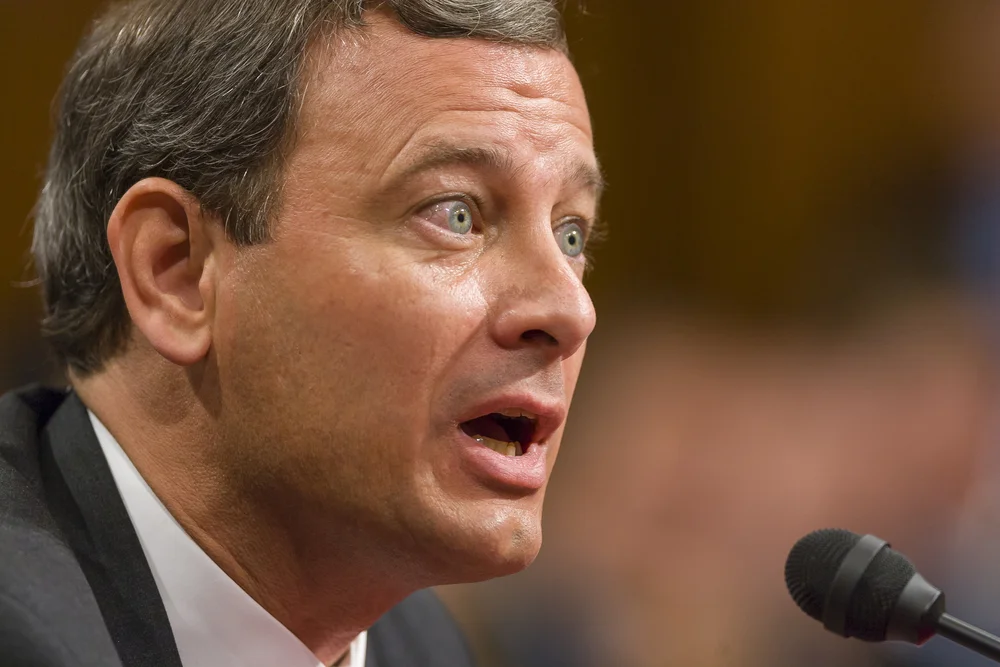Does America Have a Balance of Power Problem?
Episode description from Top of Mind with Julie Rose:
How is the balance of power supposed to work when a U.S. President aggressively pushes for more?
In his first 100 days of his second term, President Donald Trump issued more executive orders than any president in history, and the Supreme Court has largely let them stand while legal challenges play out. Whether that troubles you depends largely on how you feel about the President and his policies. But within four years, someone else will hold that office and may wield the same power toward different priorities.
In this episode of Top of Mind, host Julie Rose explores the origins of “checks and balances” in American government, including the surprising history of how the Supreme Court became “supreme.” We hear from a conservative legal scholar who worked for the George W. Bush Administration and thinks America benefits when Presidents push the limits of their power and Congress pushes back. Then we’ll explore why some Americans believe their local “Constitutional Sheriff”—not federal officials—is the ultimate authority in their community.
GUESTS
Timothy Johnson, Professor of Political Science and Law, University of Minnesota (https://www.trjumn.com/)
John Yoo, Professor of Law, UC Berkeley; Distinguished Fellow, Civitas Institute at the University of Texas at Austin (https://www.law.berkeley.edu/our-facu...)
Richard Mack, Former Sheriff of Graham County, Arizona; Founder of the Constitutional Sheriffs and Peace Officers Association (https://cspoa.org/)
Constitutionalism

Amicus Brief: Hon. William P. Barr and Hon. Michael B. Mukasey in Support of Petitioners
Former AGs Barr and Mukasey Cite Civitas in a SCOTUS Brief

Rational Judicial Review: Constitutions as Power-sharing Agreements, Secession, and the Problem of Dred Scott
Judicial review and originalism serve as valuable commitment mechanisms to enforce future compliance with a political bargain.

Supreme Court showdown exposes shaky case against birthright citizenship
Supreme Court will hear challenges to Trump's order ending birthright citizenship, testing the 14th Amendment's guarantee for babies born in America.

Why Is the Federal Reserve Special — and Just How Special Is It?
How does the Fed fit into the Court's reform of the administrative state?

Kneecapping Powell, Undermining the Rule of Law
Donald Trump and conservatives know the perils of lawfare all too well. Why subject Jerome Powell to the same thing?




.avif)






.avif)
.avif)

%20(1).webp)
